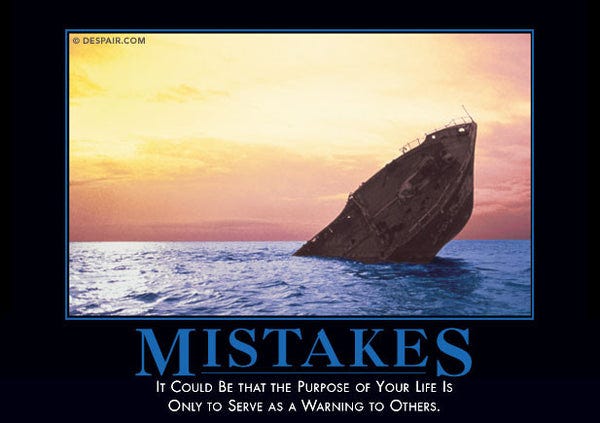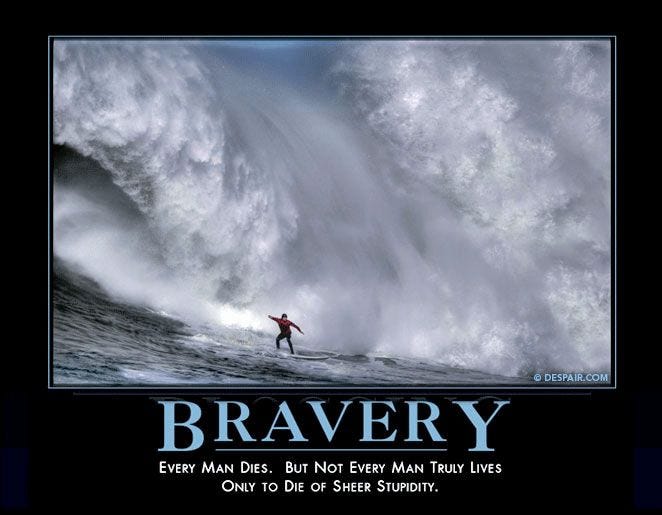Remember When The World Was Simple...And We Had Face-To-Face Conversations?
Now our screens run our lives and I'm not at all sure that's an improvement
It’s so simple to be wise. Just think of something stupid to say and then don’t say it.
Unknown
With Twitter's continuing and ever-so-entertaining demise and the resulting proliferation of social media alternatives, I’ve been thinking lately about how and why we find ourselves drawn to such sites. Somehow we managed to survive until roughly the middle of the first decade of the 21st century without social media. Then came Facebook and Twitter. Before anyone what the Zuck had happened, our world had become much smaller. Suddenly, one could communicate with someone in the remote jungles of Iowa or Belgium in virtually real-time.
When I lived in Cyprus in the mid-80s, we had a Telex machine (you’re going to have to look that one up for yourself, kids), a fax machine, and a telephone. Sure, we could make international calls, but it would cost the equivalent of a left testicle to talk to someone back home for more than 30 seconds. And on a crappy analog line, no less.
Now we can talk to anyone virtually anywhere for nothing. I can still remember the first time I did that over Skype. I spoke to a woman in Kyrenia, Northern Cyprus. I don’t even remember when it was, but I remember being in awe that she was in her living room in Kyrenia, and I was in my apartment in Portland. And we were talking to one another. Sure, there were umpteen technical glitches- frozen pictures, transmission lags, you name it- but we were conversing as if we were in the same room when ten time zones separated us.
Then came text messages and…well, remember when we made phone calls? Who even does that anymore? Whenever my phone rings, it’s either my wife or someone gravely concerned about my car’s extended warranty (which is doing just fine, thank you very much).
Now we’re a nation of zombies, our eyes affixed to our cell phone screens as we stumble down streets into lamp posts or drive into parked cars. We sit at dinner tables, whether at home or in restaurants and ignore our dining companions because we fear we might miss something of note on our all-important screens.
Fans are engrossed in their screens even at sporting events as the action unfolds. How many times have you depended on a replay at a soccer game to see how a team scored? That sucks if a match ends 1-0, and you missed the only goal because you were reading a text. I can’t be too judgmental; I’ve done it myself, and I suspect most soccer fans have.
Somewhere along the line, we’ve forgotten that the most important things and people are what’s right in front of us. We can experience people and things in our vicinity in various ways and far more depth than possible on a cellphone screen. Yet what do we invariably lock ourselves into? What do we devote our attention to as if it was the biggest and most important thing in our life at that moment?
I don’t say that as a condemnation, though it’s certainly not a good thing. I’m as guilty of it as anyone else. My wife will be in the middle of telling me something when her voice will stop dead in its tracks because she’s staring at her screen. It drives me nuts, but we all have habits surrounding our screens that probably drive our significant other batshit crazy. I’m not about to claim immunity from that disorder.
Our interconnectedness has made our world so much smaller than it used to be, but it’s also increased the distance between us in ways I don’t think anyone could’ve foreseen. We can connect instantly with people half a world away…and yet we’ve made it more challenging to communicate with those who are, in some cases, three feet away.
Humans have become increasingly wired to hang on to the instant gratification of whatever our screens provide at the expense of our relationships, which can be messy, occasionally unpleasant, and unpredictable. That dopamine hit we feel when our screens light up with something new is something we often don’t experience with another person directly in front of us. We have to interact with a person's visual and unspoken cues in an interpersonal situation, whereas a screen provides very one-dimensional information- and no interaction is required.
Growing up, I remember when my Grandmother owned a resort in northern Minnesota. Her office had a hand-crank telephone on a party line, meaning that she might hear someone else’s conversation when she picked up the handset. She’d have to wait for someone else to finish to be able to make a call. The line, connected to 20-30 homes then, was the best a rural community could do. There was no 911 or other emergency services line. In the case of an emergency, someone would have to pick up their handset and tell whoever was occupying the line that they had trouble and needed the line.
I grew up in a home with rotary dial phones, and I can remember when getting our first touch-pad dial phone was a BFD. Then, when analog cell phones came along, I was working for a cellular phone company that let me carry one of their brick phones, also a BFD. Sure, the sound quality of the calls was like talking to someone on Mars, but the fact that I didn’t have cords anchoring me to a wall was exciting.
Now technology has advanced sufficiently that I currently hold virtually all the knowledge of the known universe in my hand. My iPhone 14 ProMax has far more computing power than the Apollo 11 module that went to the moon and back. It can find recipes, define the meaning of life (is there any?), find television programs, and even deliver porn (if I was so inclined).
Yes, the world has changed, and our technology has changed with it. Whether that’s a good and beneficial thing is a debate I’ll leave to minds more nimble than my own. I can see both sides of the equation, but I’m not sure that coming down on the side of technological Luddites is the way to go. Technology and innovation will continue with or without us or our consent. That’s just the way of the world; there are always those seeking better, faster, higher, stronger, or more efficient. The result may have unintended consequences, but that’s been the case since the invention of the wheel. We have to do a better job of anticipating and managing what those adverse consequences might be.
Of course, we could start by getting our faces out of our screens and paying more attention to the people and events around us.
Nah, that might mean missing a text or a notification….










I've a flip phone and the only text I ever send is STOP. I change the ringtone from the default for people in my address book I'm willing to talk to, so that when I hear the default tone I simply ignore it.